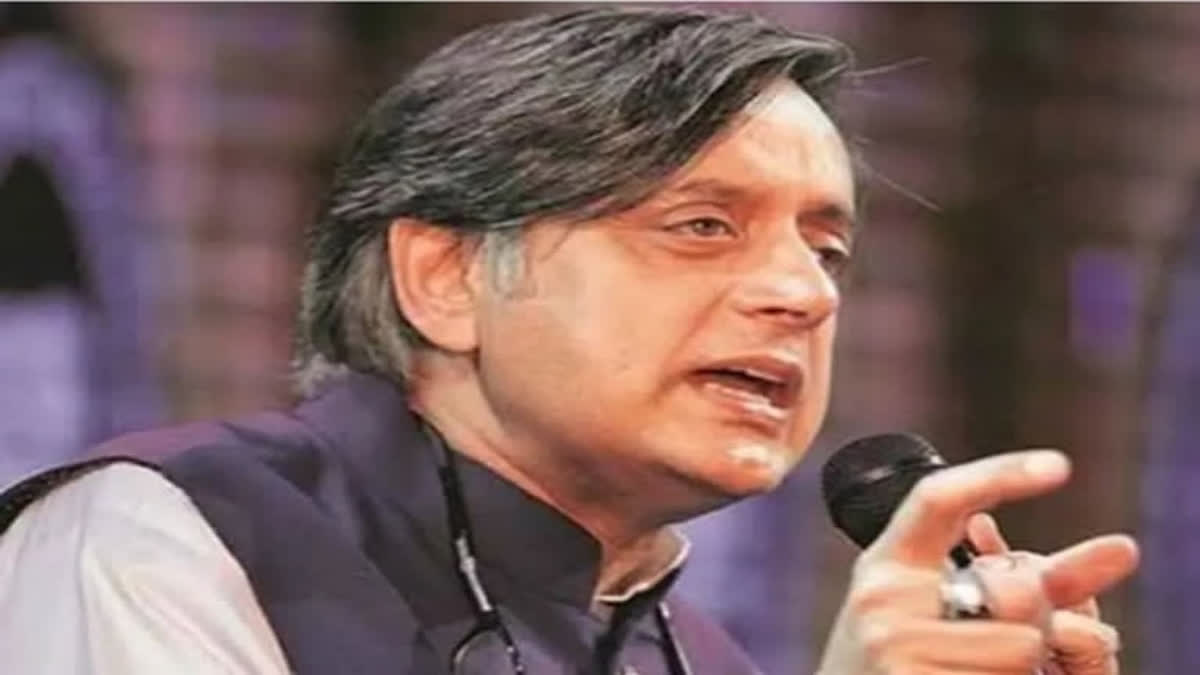New Delhi: Senior Congress leader and author Shashi Tharoor on Tuesday said the British had used what was a "classic mafiosi tactics" to expand its territory in India during the colonial era. He was speaking at an interaction held late evening at the India International Centre here on the book "British Takeover of India: Modus Operandi", recently republished after its original version had come out in 1979.
Tharoor reiterated how the British came as traders to India, but realised it was "far more profitable, to trade at the end of a gun". He referred to the gradual fall of the Mughal empire, and how, at the Battle of Plassey in 1757, fought under the command of Robert Clive, the East India Company forces defeated the ruling Nawab Siraj-ud-Daula of Bengal. Soon, Mughal Emperor Shah Alam II granted the Diwani of Bengal, Bihar and Orissa to the Company.
Tharoor, author of "An Era of Darkness: The British Empire In India", told the audience that the British extracted "four times more revenue" than has ever been extracted, exploited resource on India and repatriated profits to England. The former Union minister also said that weakness of many Indian rulers of princely states or other potentates, helped in the expansion of the British Empire in India.
"Frankly, what the British used was a classic mafiosi tactics, it was something that was perfected later in Italy," he said, drawing chuckle from the audience. Mafiosi, an Italian-origin word, refers to member of a mafia or a similar criminal organisation. They (the British forces) would go to a small maharaja, and be allowed to park themselves in their domains, and were paid for by the maharaja's treasury. And, through tactics used by the British, a maharaja ended up "paying his own people, to protect himself from his own people".
Among other things, the British did during the colonial rule, was such an "incredible racket", Tharoor said. The East India Company ruled over large territories in India till 1857 when the Sepoy Mutiny, also referred to as the First War of Independence, took place, following which India came directly under the rule of the British Crown, and it ruled till 1947 when India became an independent nation.
Tharoor, in response to questions from members of the audience, praised orientalists like William Jones who set up the Asiatic Society of Bengal in 1784, and botanists who meticulously documented flora of India. In response to another question, he said, "I have argued in my book ('An Era of Darkness') that the entrenching and formalising of the caste system is actually a British colonial legacy".
